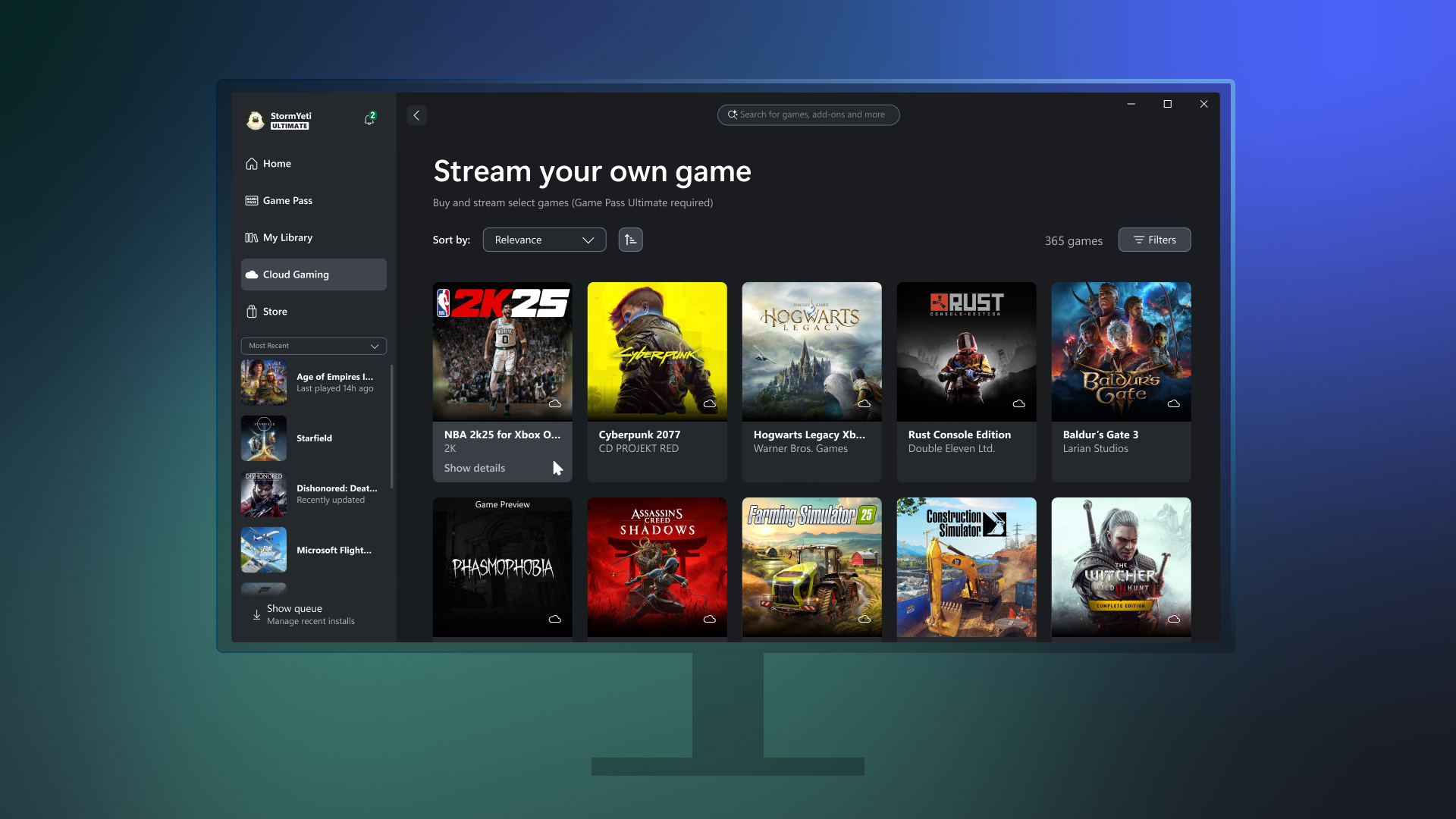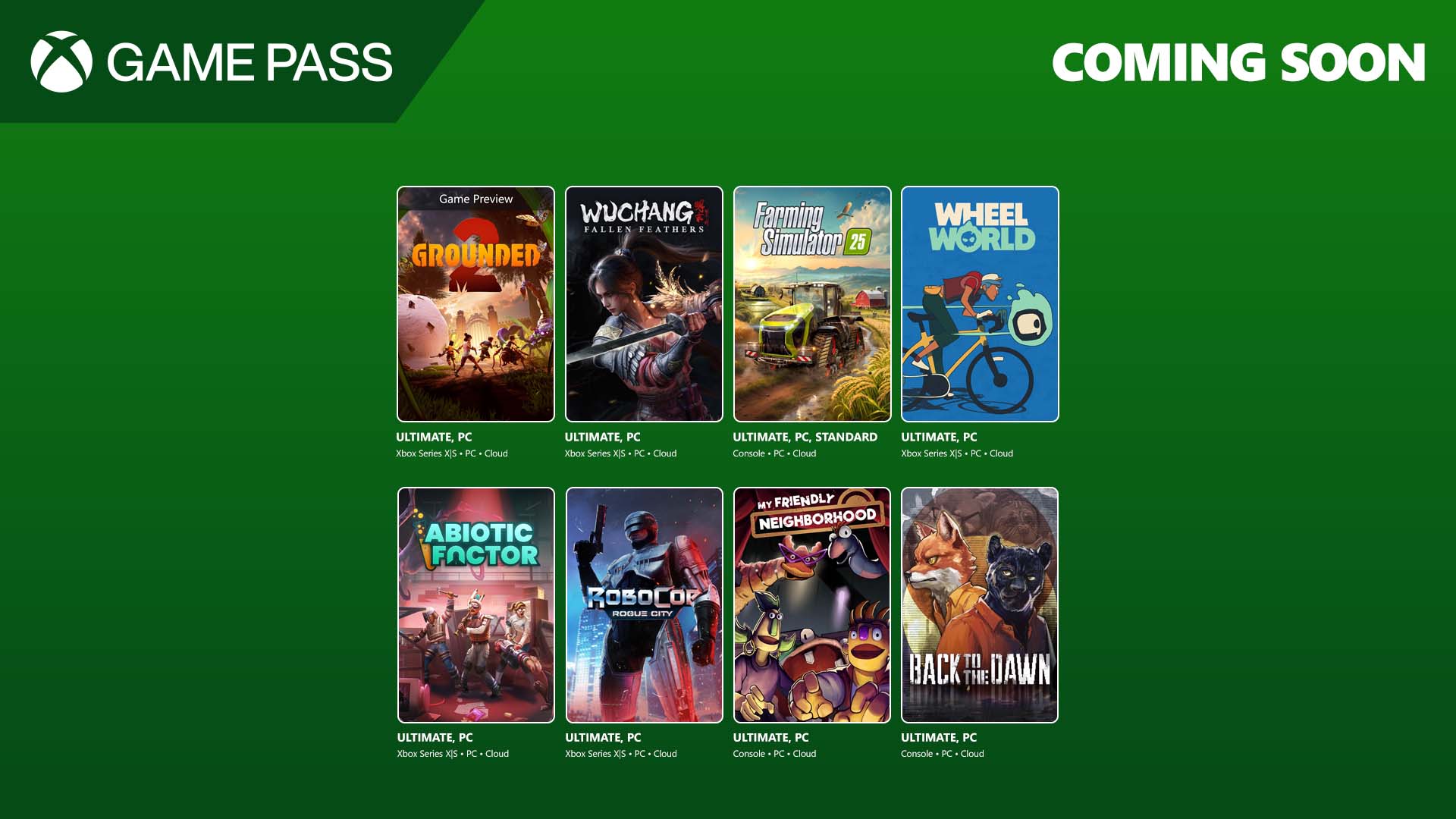Master the Future Skill: Turn Data Science into Results
Learn how mastering data science helps turn raw data into smart, real-world solutions that drive growth, innovation, and better decisions.

The world is overflowing with digital information, one skill truly shines for its ability to turn chaos into clarity: data science. Whether it’s online businesses predicting what customers want or hospitals fine-tuning patient care, the knack for transforming data into actionable insights has become essential for success today. But getting a grip on this skill goes beyond just crunching numbers; it’s about recognizing patterns, anticipating what’s next, and making informed decisions in real time.
The Power of Data in the Modern World
Data is produced by each digital action, including search queries, product purchases, and location check-ins. An unprecedented amount of information is generated when you multiply that by the billions of users every day. However, unprocessed data is voiceless without interpretation.
Impact and information are connected through data science. It accomplishes this by combining human judgement, algorithms, and statistics to help organisations forecast the future in addition to understanding the present.
Why Data Science Is a Future Skill
Professionals who are proficient with data are becoming more and more in demand. Tech companies are no longer the only ones affected. Data scientists are essential to the operations and expansion of banks, manufacturing companies, logistics networks, healthcare systems, and educational institutions.
Here’s why data science has become a critical skill across industries:
-
Data is everywhere, but insight is rare. The ability to extract meaning offers a competitive edge.
-
Automation and AI need human guidance data scientists build, train, and improve those systems.
-
Real-time decision-making powered by live analytics can reduce risks and enhance customer experience.
How Data Science Transforms Ideas into Outcomes
Knowing how to analyze data isn't enough. What sets professionals apart is their ability to apply these insights practically.
Identifying the Right Problem
Not all data problems are technical. Often, the first step is understanding the business context:
-
What question are we trying to answer?
-
What kind of data is available?
-
What is the expected outcome?
The best data scientists know that asking the right question is half the job done.
Cleaning and Preparing Data
Before models and graphs come into play, the data must be prepared. This stage can consume 50–70% of the entire process:
-
Removing duplicates and inconsistencies
-
Handling missing values
-
Normalizing formats and values
Clean data ensures accurate analysis. Without this step, even the most advanced models can produce misleading results.
Choosing the Right Tools
Depending on the problem, different techniques come into play:
-
Exploratory Data Analysis (EDA): Discover trends and outliers visually
-
Predictive Modeling: Use regression, classification, or time series to predict outcomes
-
Clustering and Segmentation: Identify natural groups within the data (e.g., customer behavior)
-
Natural Language Processing (NLP): Analyze text-based inputs like reviews or feedback
The goal is to use the right tool at the right time not overcomplicate, but clarify.
Turning Insights into Action
What truly makes data science powerful is its ability to deliver actionable insight. For instance:
-
A retailer can optimize stock based on seasonal buying patterns.
-
A healthcare provider might predict high-risk patients and intervene early.
-
A city planner may adjust public transport routes based on usage data.
These actions aren't theoretical, they change real outcomes on the ground.
The Practical Value Across Sectors
Data science isn’t limited to tech jobs or isolated projects. Its value cuts across industries and public services.
In Business Strategy
-
Forecast demand and manage supply chain risk
-
Personalize customer journeys and offers
-
Measure marketing campaign effectiveness
In Healthcare
-
Predict disease outbreaks or patient risk
-
Analyze treatment success across populations
-
Optimize hospital resource usage
In Public Services
-
Improve traffic and public safety through sensor data
-
Use predictive policing tools to allocate resources effectively
-
Monitor environmental data for better urban planning
A Growing Need Across All Regions
The relevance of data science is not limited to major metros. Whether someone is exploring a Data Science course in Noida, or looking for training in cities like Kanpur, Ludhiana, Moradabad, Delhi, or elsewhere across India, the demand is widespread and growing. Organizations of all sizes are recognizing the strategic role of data in driving local and national-level decisions.
The Essential Skills of a Data Scientist
To turn data into results, one needs a versatile toolkit — both technical and analytical.
Technical Foundation
-
Programming languages: Python and R are widely used for analysis and model building.
Statistical methods: Regression, probability, hypothesis testing, and more. -
Machine learning: Algorithms for prediction, classification, and clustering.
-
Data visualization: Tools like Tableau, Power BI, and matplotlib to tell stories through visuals.
-
Database knowledge: SQL for querying structured data; NoSQL for unstructured sources.
Analytical & Critical Thinking
-
Understand business goals and map them to data problems.
-
Interpret results beyond accuracy — think impact and usability.
-
Detect bias and ensure ethical use of models.
Soft Skills
-
Communication: Simplify complex ideas for non-technical teams.
-
Collaboration: Work alongside domain experts, marketers, product managers, or decision-makers.
-
Adaptability: Stay updated as tools, frameworks, and challenges evolve rapidly.
Learning and Building Experience
Becoming proficient in data science doesn't require a PhD but it does demand curiosity, consistency, and practice. Today’s learners benefit from:
-
Online platforms offering structured paths and hands-on assignments
-
Project-based learning, where real-world case studies sharpen skills
-
Open-source datasets that let you experiment and build a portfolio
If you're starting your journey, prioritize courses that balance theory with practice. Look for programs that offer case-based teaching, real-time feedback, and mentorship elements that help you move beyond knowledge and into results.
From Learning to Leading with Data
The ultimate goal of data science is not just to understand data but to influence the world through it.
-
Can your model save a business money?
-
Can your insight reduce patient risk?
-
Can your dashboard improve citizen services?
If yes, you're not just analyzing numbers you’re shaping outcomes.
Final Thoughts: From Skill to Strategy
Data science goes beyond just being a technical field it’s a mindset. It encourages us to ask insightful questions, challenge our assumptions, and build systems that help us learn from our surroundings. As we move into a future where intuition meets automation, the ability to turn data into actionable insights will be what sets leaders apart from followers. For those looking to enhance their skills and for organizations eager to adapt, data science isn’t just a glimpse of the future; it’s very much a part of our present, waiting for us to embrace and master it.
What's Your Reaction?
 Like
0
Like
0
 Dislike
0
Dislike
0
 Love
0
Love
0
 Funny
0
Funny
0
 Angry
0
Angry
0
 Sad
0
Sad
0
 Wow
0
Wow
0


































